MSc. Thai Thanh Yen, Department of Dermatology - Aesthetic Dermatology, University of Medicine and Pharmacy Hospital, Ho Chi Minh City, said that most dermatologists advise us not to squeeze pimples because it can increase the risk of infection from bacteria on our hands or from skin care staff who do not perform the technique properly, do not ensure effective sterilization, or are too rough when removing pimples, which can easily cause trauma and damage to the skin. This increases the risk of leaving dark spots and scars that are more severe and last longer.
Some types of acne below we need to consider not to squeeze.
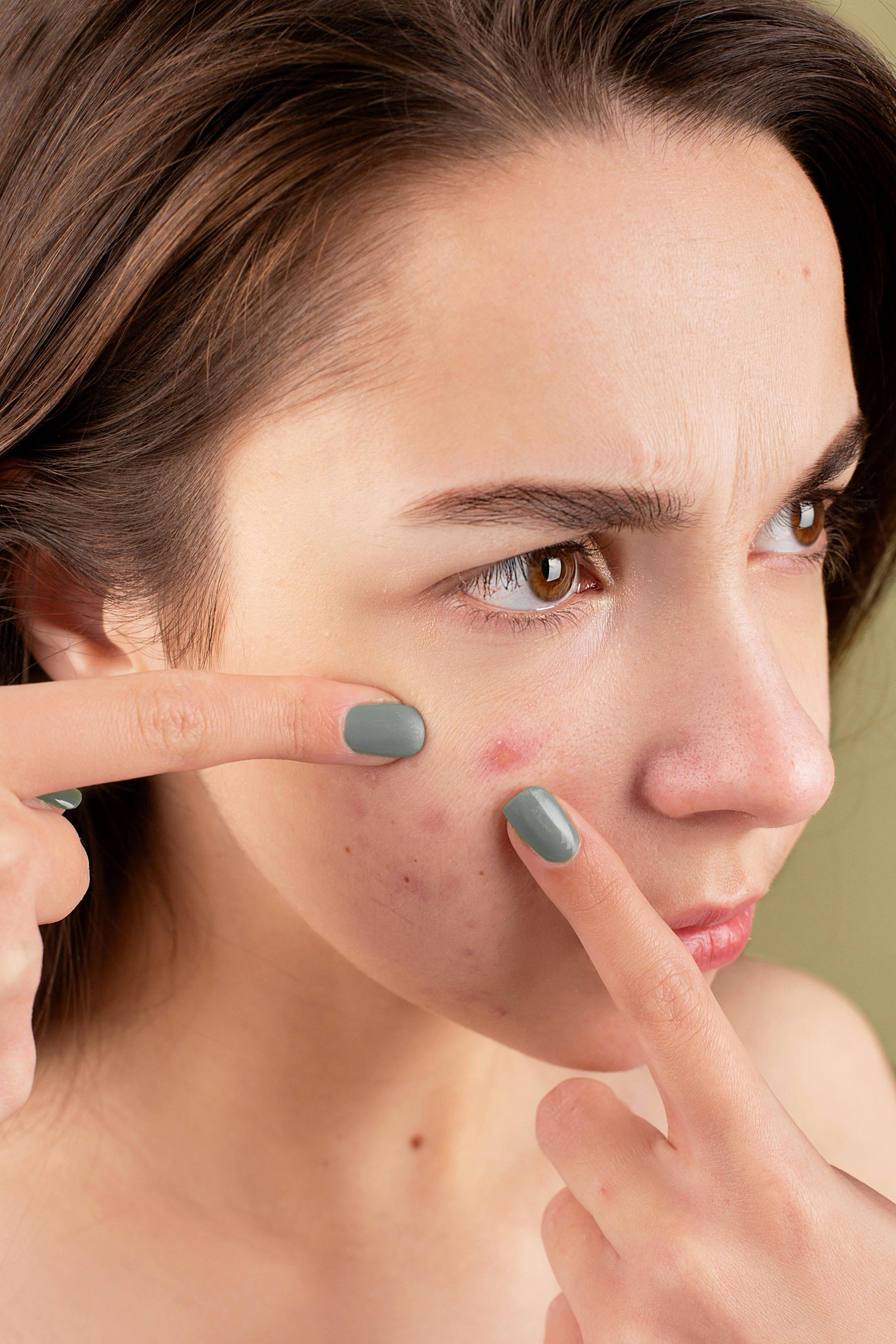
Dermatologists advise against popping pimples as it can increase the risk of infection from bacteria on your hands or the skin care professional's.
Cystic acne
Cysts are large, painful, pus-filled pimples. Squeezing a cyst can lead to more infection, increasing the risk of scarring and dark spots. Cysts are often deep under the skin, so squeezing them can not only damage the surface but also spread bacteria to other areas of the skin.
Cystic acne
Cystic acne is a type of acne that often hides deep within the skin, forming a red, swollen bump. The inflammation that comes with cystic acne can hinder the healing process and often leaves permanent scars. Squeezing cysts not only increases the risk of infection but can also cause permanent damage to the skin.
Blackheads and whiteheads
Blackheads and whiteheads are non-inflammatory acne, but we should still note that we should not squeeze them arbitrarily. Squeezing blackheads and whiteheads incorrectly can damage the skin, enlarge pores and lead to inflammation. In addition, squeezing acne can spread bacteria, causing other types of inflammatory acne.
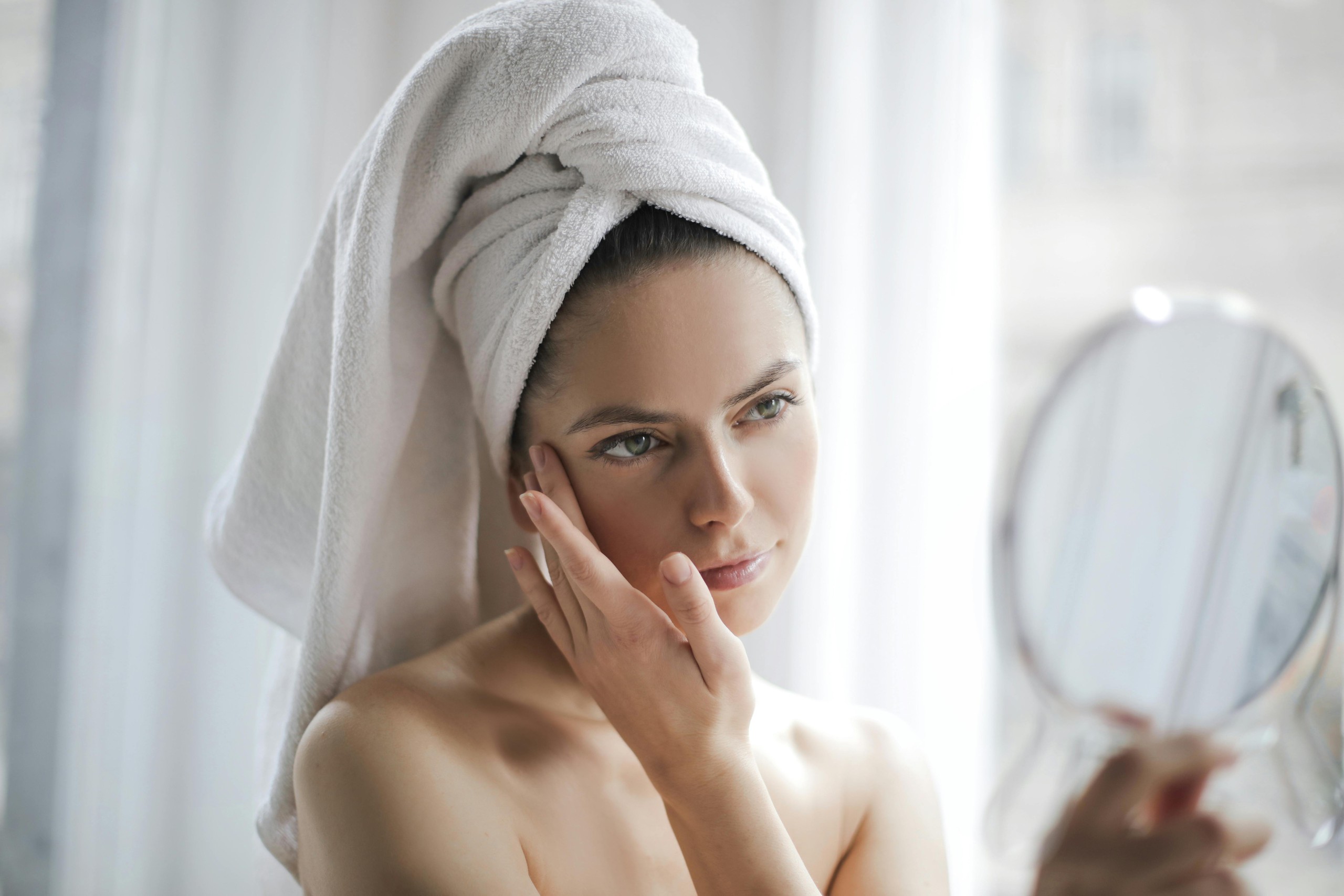
Understanding and avoiding squeezing pimples will help you protect your skin better.
Hidden acne
Hidden acne lies deep under the skin, not visible on the surface. Trying to squeeze hidden acne will damage and scratch the skin, causing inflammation and becoming worse. Hidden acne often needs to be treated with special methods to deep clean pores and prevent bacteria from growing.
Dr. Thai Thanh Yen advises that squeezing pimples on your own can cause serious consequences for your skin. Instead, you should see a dermatologist for advice and scientific acne treatment.
According to Dr. Thanh Yen, using suitable skin care products, keeping your skin clean and maintaining a healthy lifestyle will help reduce acne and keep your skin healthy. Understanding and avoiding squeezing the above types of acne will help you protect your skin better and avoid unwanted complications.
Source: https://thanhnien.vn/bac-si-chi-ra-nhung-loai-mun-khong-nen-nan-185240825171901747.htm










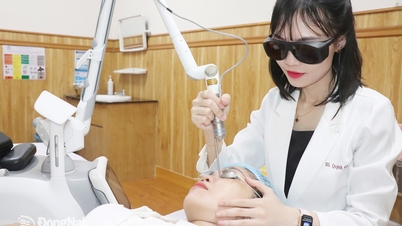






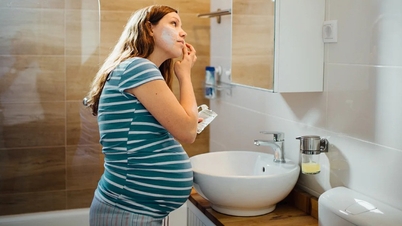
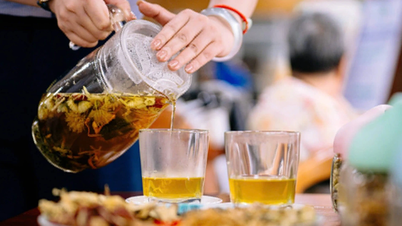
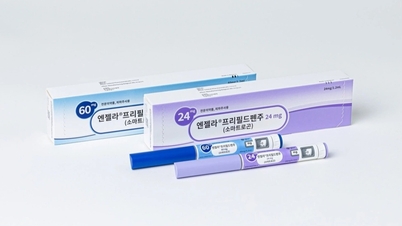

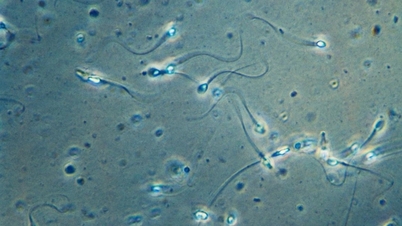
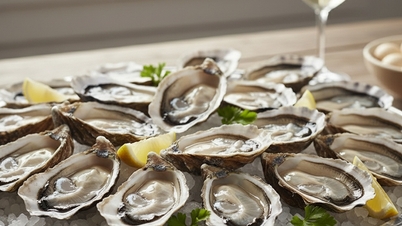
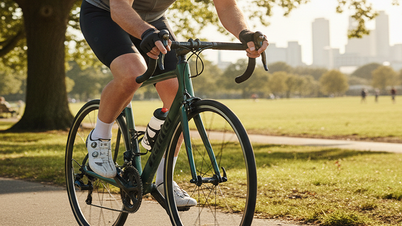
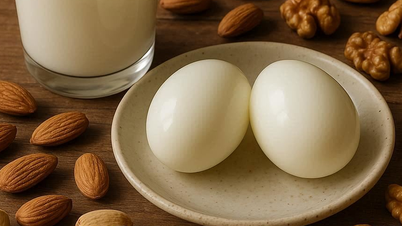




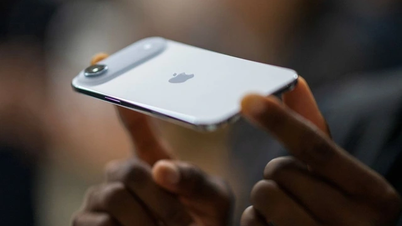


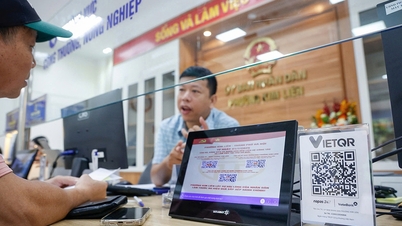

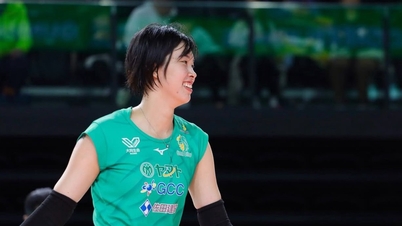
![[Photo] Nhan Dan Newspaper displays and solicits comments on the Draft Documents of the 14th National Party Congress](https://vphoto.vietnam.vn/thumb/1200x675/vietnam/resource/IMAGE/2025/10/26/1761470328996_ndo_br_bao-long-171-8916-jpg.webp)












































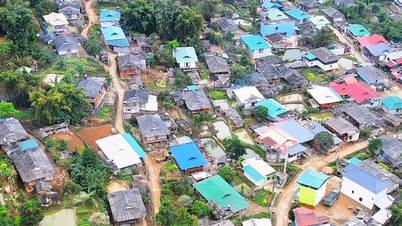




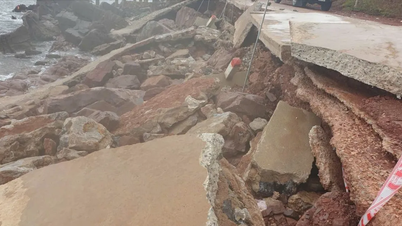
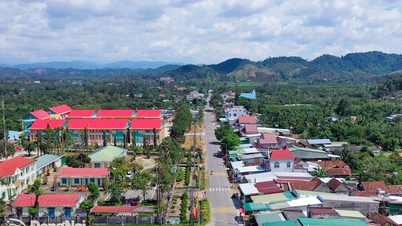




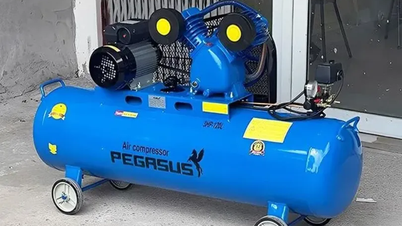
















Comment (0)